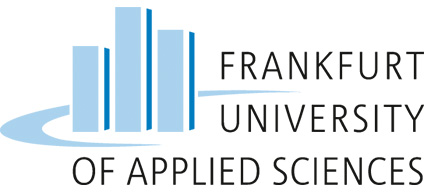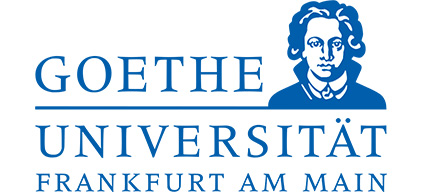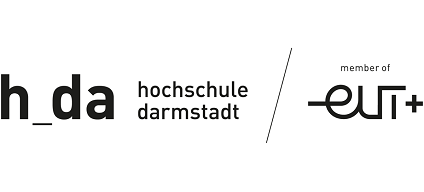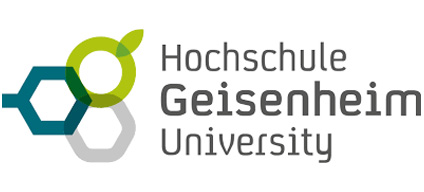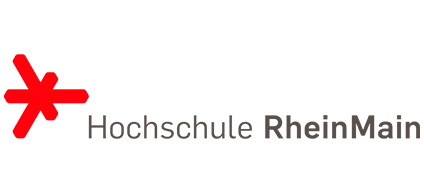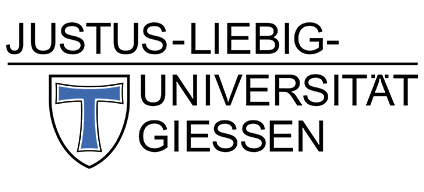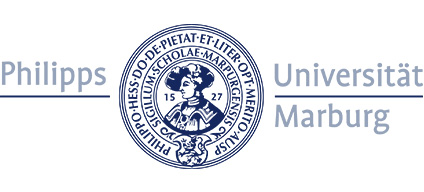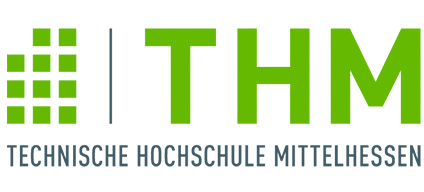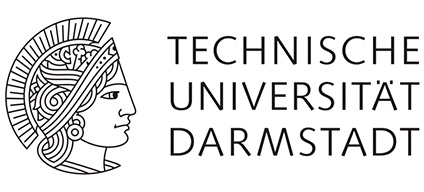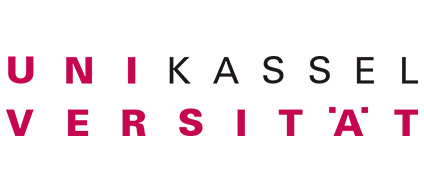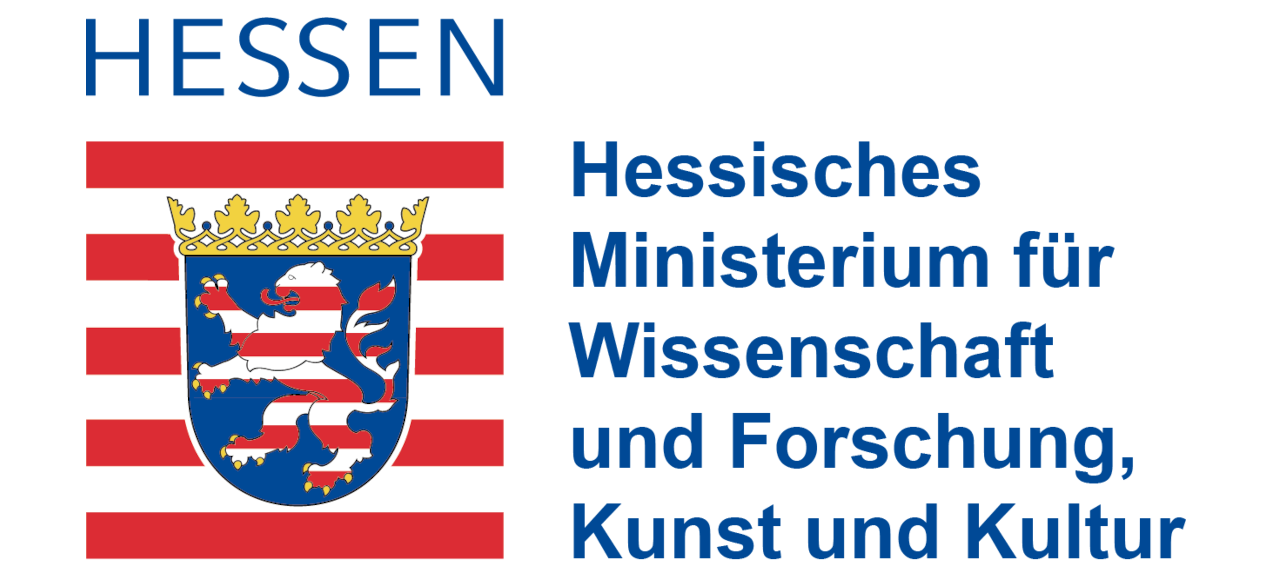Main Content
HeFDI Data School 2023/2024

Starting on October 11, 2023, the HeFDI Data School is entering a new round of online training courses.
You can register for the different HeFDI Data School modules here.
If you have any questions, please contact us under hefdids@uni-marburg.de.
The HeFDI Data School offers cross-site and interdisciplinary training on research data management. It is aimed equally at doctoral students and research staff of Hessian universities.
All HeFDI Data School sessions will be held in German.
The sessions of the first block of the HeFDI Data School serve as a (first) orientation in research data management (RDM). Those focus on basic terms, standard methods, and best practices.
The second block of sessions dives into the topic of Open Science and will provide an in-depth insight into selected sub-areas. For those sessions, basic knowledge of RDM is advantageous, albeit not mandatory.
Block 1:
| Date | Topic | Speaker |
| 2023-10-11, 10 am - 12 pm | Introduction to research data management | Stephanie Werner, Hochschule Darmstadt |
| 2023-10-25, 10 am - 12 pm | The data management plan | Thomas Richter, Hochschule Fulda |
| 2023-11-08, 10 am - 12 pm | Archiving and publishing of research data | Judith Dähne, Hochschule Rhein-Main |
| 2023-11-22, 10 am - 12 pm | Data organization and documentation | Robert Werth, Frankfurt University of Applied Science |
| 2023-12-20, 10 am - 12 pm (RESCHEDULED to 2024-02-21) | Legal issues (copyright and rights of use) | Fabian Rack, FIZ Karlsruhe – Leibniz-Institut für Informationsinfrastruktur |
| 2024-01-10, 10 am - 12 pm | Legal issues (data privacy) | Patrick Langner, Hochschule Fulda |
Block 2:
| Date | Topic | Speaker |
| 2024-01-17, 10 am - 12 pm | Introduction to Open Science | Lydia Riedl, Philipps-Universität Marburg |
| 2024-01-24, 10 am - 12 pm | Open Data | Lydia Riedl, Philipps-Universität Marburg & Kai Matuszkiewicz, media/rep/ |
| 2024-02-07, 10 am - 12 pm | Citizen Science | Stefan Büdenbender, Hochschule Darmstadt |
| 2024-02-21, 10 am - 12 pm | Legal issues (copyright and rights of use) | Fabian Rack, FIZ Karlsruhe – Leibniz-Institut für Informationsinfrastruktur |
| 2024-02-28, 10 am - 12 pm | Open Source | Eike Löhden, Philipps-Universität Marburg |
You can register for the different HeFDI Data School modules here.
Basic modules of the HeFDI Data School
The basic modules of the HeFDI Data School serve as a (first) orientation in research data management. Basic terms are explained and common methods and best practices are presented.
Introduction to research data management, 11 October 2023, 10 am - 12 pm
Speaker: Stephanie Werner, Hochschule Darmstadt
Content:
- Outlook for the following events
- What is RDM and why is it important? (Funding, Re-use, FAIR, CARE)
- Good Scientific Practice (GSP)
- Research Data Life Cycle
- Good Scientific Practice & DFG Codex
- FDM infrastructures (HeFDI, NFDI)This introductory part of the workshop series will introduce you as to how you can benefit from professional research data management throughout the entire life cycle of your research data and how you can implement good scientific practice. You will learn about the range of opportunities to make your data Findable, Accessible, Interoperable and Reusable (FAIR).
This HeFDI Data School session will be held in German.The data management plan, 25 October 2023, 10 am - 12 pm
Speaker: Thomas Richter, Hochschule Fulda
Content:
- Why create a DMP?
- Requirements of the funders
- Typical contents of a DMP
- Creating a DMP with RDMO (live demonstration)A sound plan is half the battle! A data management plan (DMP) describes the (planned) handling of research data during and after the project. A DMP is ideally a living document that is revised or concretised as needed during the course of the project. It can fulfil the requirements of the research funders and also supports better structuring of one's own working methods and collaboration in projects. Typical contents of DMPs include descriptions of new (or re-used) data, data documentation, data storage in the project, legal aspects, publication and/or archiving of data after the project and responsibilities for RDM. All these elements of DMPs are described and explained in this module. Afterwards, there will be a live demonstration of RDMO, a web-based tool for creating data management plans that is widely used in Hesse and nationwide.
This HeFDI Data School session will be held in German.Archiving and publishing of research data, 8 November 2023, 10 am - 12 pm
Speaker: Judith Dähne, Hochschule Rhein-Main
Content:
- Why publish data?
- Concepts of storing, archiving & publishing
- Data Journals & RepositoriesIs data the new gold - or even more valuable? First of all, people need to learn about your research data! In this module, you will learn what you could do with your data beyond the end of the project. In particular, it deals with the following questions: What does data publication mean? Where and how can data be published and what needs to be considered when doing so? Archiving is also part of good scientific practice. You will get as much practical knowledge as possible through the presentation of an exemplary data repository.
This HeFDI Data School session will be held in German.
Data organization and documentation, 22 November 2023, 10 am - 12 pm
Speaker: Robert Werth, Frankfurt University of Applied Science
Content:
- Folder structures
- File naming
- Metadata
- Standardisation
- Types of documentationIf you document, you get it! Do you want your data to be reused later? Do you work in a team? Is your research work likely to be interrupted in between? Whether for yourself or for others, good organisation and documentation of your research data makes work easier and increases traceability. In this module, you will learn about different tools and techniques that support you in dealing effectively with your data. You will also get an overview of the topics of metadata and versioning. In the practical part, you will further develop your own data organisation strategies. You will use a template to develop a style guide for documenting the standards you have defined yourself.
This HeFDI Data School session will be held in German.Legal issues (data privacy), 10 January 2024, 10 am - 12 pm
Speaker: Patrick Langner, Hochschule Fulda
Content:
- Protection of personal data
- Lawful data processing
- Permission for research purposes
- Responsibilities and consequences of non-compliance
- Archiving and publicationThe module focuses on data protection requirements when handling (sensitive) personal data. What are the main obligations of the researcher when dealing with personal data (e.g. legal basis, informed consent)? What are the specific framework conditions? What basic measures are necessary when working with personal data (e.g. anonymisation, pseudonymisation)? What data is highlighted as being particularly sensitive and therefore requiring special protection? Are there special permissions for processing data for research purposes (e.g. right of access and objection, archiving, publication)? What are the documentation requirements and when is an additional privacy impact assessment required?
This HeFDI Data School session will be held in German.
Legal issues (copyright and rights of use), 21 February 2024, 10 am - 12 pm
Speaker: Fabian Rack, FIZ Karlsruhe – Leibniz-Institut für Informationsinfrastruktur
Content:
- Copyright protection of research data
- Licensing of research data
- Generative AIThe module will present the copyright situation regarding research data. In particular, it will address the question of how openness can be achieved when publishing research data – especially when licensing under Creative Commons licenses is the right choice for publishing research data, and what needs to be considered in this context. The lecture will also cover current legal issues related to generative AI in the field of research.
This HeFDI Data School session will be held in German.
Additional modules of the HeFDI Data School
The additional modules of the HeFDI Data School offer an in-depth insight into selected sub-areas of research data management. Basic knowledge of research data management is advantageous here.
Introduction to Open Science, 17. January 2024, 10 am - 12 pm
Speaker: Lydia Riedl, Philipps-Universität Marburg
Content:
Open Science? What is it? And if so, how much open is good for my science?Open Science means making the entire research process transparent and accessible, from the generation of ideas to the publication of results. This includes open access to publications (Open Access), data (Open Data), materials (Open Materials) and educational content (Open Educational Resources), the use of open source software and its comprehensible description and linkage. In this way, the output from the entire research process can be made reusable and the results can even be replicated if necessary.
Open Science thus not only enables fairer worldwide access to science, but also promotes quality assurance and transparency in research. You will learn how computer-aided work and digital communication improve the exchange of information and carry research results into society (see UNESCO Recommendation on Open Science).
We will discuss the basics of open science in this workshop. Learn more about one of the most innovative developments in science and help shape the future of open access research!
This HeFDI Data School session will be held in German.Open Data, 24. January 2024, 10 am - 12 pm
Speaker: Lydia Riedl, Philipps-Universität Marburg & Kai Matuszkiewicz, media/rep/
Content:
In the wake of the COVID 19 pandemic, it has become unmistakable - open research data is elementary for solving societal challenges. Also your own research data is interesting and potentially of value to other researchers or the interested public. Sometimes, research data also gain central importance in completely new contexts: for example, decades-old recordings of animal voices open up new possibilities for biodiversity research today. In this workshop we will discuss the FAIR ( F indable, A ccessible, I nteroperable, R eusable) Data Principles (Wilkinson et al. 2016), how to FAIR link your data to your research results and other -materials and describe them in a comprehensible way, and what to keep in mind (e.g. CARE principles). Standards data and their role in the visibility of your own scientific achievements are illustrated using the example of Wikidata. Learn how to promote collaboration and make your data and materials accessible to the world.
This HeFDI Data School session will be held in German.Citizen Science, 07. February 2024, 10 am - 12 pm
Speaker: Stefan Büdenbender, Hochschule Darmstadt
Content:
The terms Open Science and Citizen Science are often mentioned in one breath. Initiatives on both sides, such as the "AG Open Science" or "Bürger schaffen Wissen", like to refer to the common underlying goal of democratising science and opening it up to other social groups. From this perspective, Citizen Science seems to be an application of the Open Science principle, but these are two multi-faceted concepts whose interplay can also raise questions in practice.
Using the example of the Citizen Science project "Gruß & Kuss - Briefe digital. Bürger:innen erhalten Liebesbriefe" we will gain an insight into the realities of citizen science and discusses from a practical point of view the possibilities as well as the limitations with regard to the goals of Open Science.Open Source, 28. February 2024, 10 am - 12 pm
Speaker: Eike Löhden, Philipps-Universität Marburg
Content:
Whether it's about a small script to parse websites or a complex programming language, it is always helpful, if you don't have to start from scratch. In this Workshop, we want to take a closer look at the meaning of OpenSource in the context of software development and when (and why) we should think about publishing our own code. How can I reuse existing code and where can I look for it?
